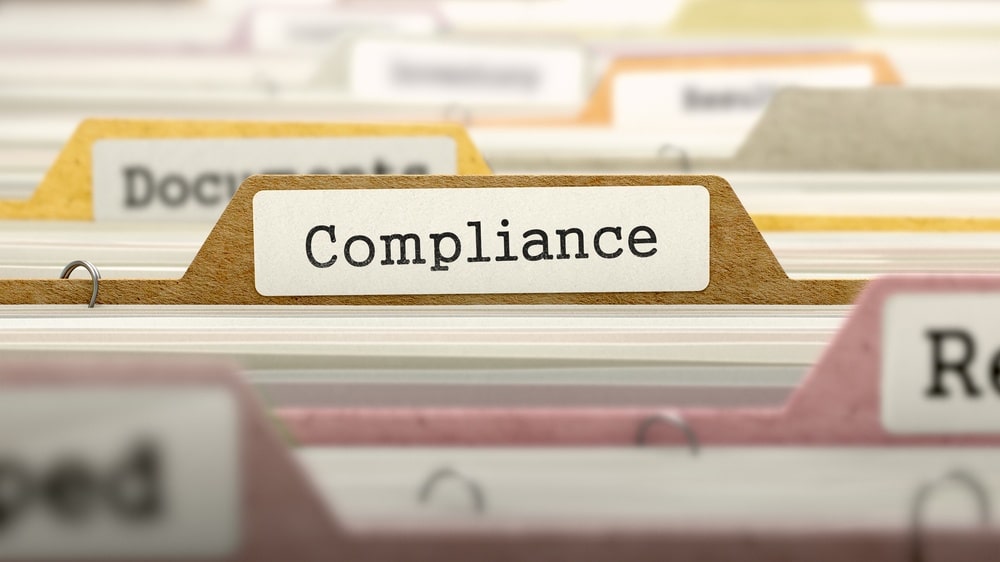The Necessities of Higher Education Compliance Tracking

Every higher education institution in America has a department created specifically to handle all the obligations surrounding legal and financial compliance. The critical nature of these requirements means that any violation could result in a suspension of all federal funding. Because of the seriousness, a central repository called the Higher Education Compliance Alliance was created to house multiple resources stretching across many different areas.
None of these areas should be taken lightly. Each one has layers of rules and laws guiding what constitutes full compliance. A 2015 study by Vanderbilt University extrapolated that the entire US higher education sector spent approximately $27 billion annually to stay in compliance with the various requirements. Invariably those costs continue to rise over time.
Here are a handful of major compliance areas that impact the higher education sector:
Title IX/Clery Act
The Title IX regulations involve the reports of sexual discrimination and harassment on campus.
With the Clery Act, accurate crime statistics for each campus must be disclosed. Any violations could lead to civil penalties, and even the suspension of federal financial aid for the institution. All institutions need to be aware of harassment concerns, especially if there is any chance it could escalate into violence.
Americans with Disabilities Act
The ADA provides nondiscrimination protection for employment, services, and accommodations for individuals with disabilities. Specifically, Section 504 prohibits the discrimination of someone with a disability from participating in any program or activity that receives financial assistance. For higher education, that involves access to dorms and restrooms, providing proper materials or interpreters for classes, allowance for service animals, and more.
HEOA Compliance
By participating in federal financial aid programs, institutions agree to follow specific disclosures including but not limited to: costs, graduation data, emergency procedures, and fire safety reports. These disclosures must be prioritized and organized due to the sheer volume of information that needs to be shared.
Information Technology Compliance
With the advance of technology, computers, and the internet are a daily part of both student and faculty life. Classes can be taken online, grades and schedules are communicated electronically, and of course, social media is prevalent in every aspect of campus life. IT staff are concerned with data security and privacy, where compliance deals with issues like identity theft, copyright issues, and potential free speech considerations.
For each of these areas, there are required training programs for faculty and staff, procedures for responses to harassment and discrimination claims, and educational programs for students. A good tracking software allows for proper documentation of both the incident, and the process involved in resolving it. Setting up values for proper reporting lets you analyze trends, both good and bad, giving you an area to focus further education or security.
A tracking system such as Issuetrak keeps all those issues in one place. You could manage every complaint and follow specific processes according to the type of the complaint.
In addition to complaint management, you can track audits and their findings, making sure that everything that might have been out of compliance is resolved accordingly.
If you’re ready to see how Issuetrak can help you manage your complete complaint and resolution process, talk to one of our Product Experts today.
Topics from this blog: Complaint Management
Back

